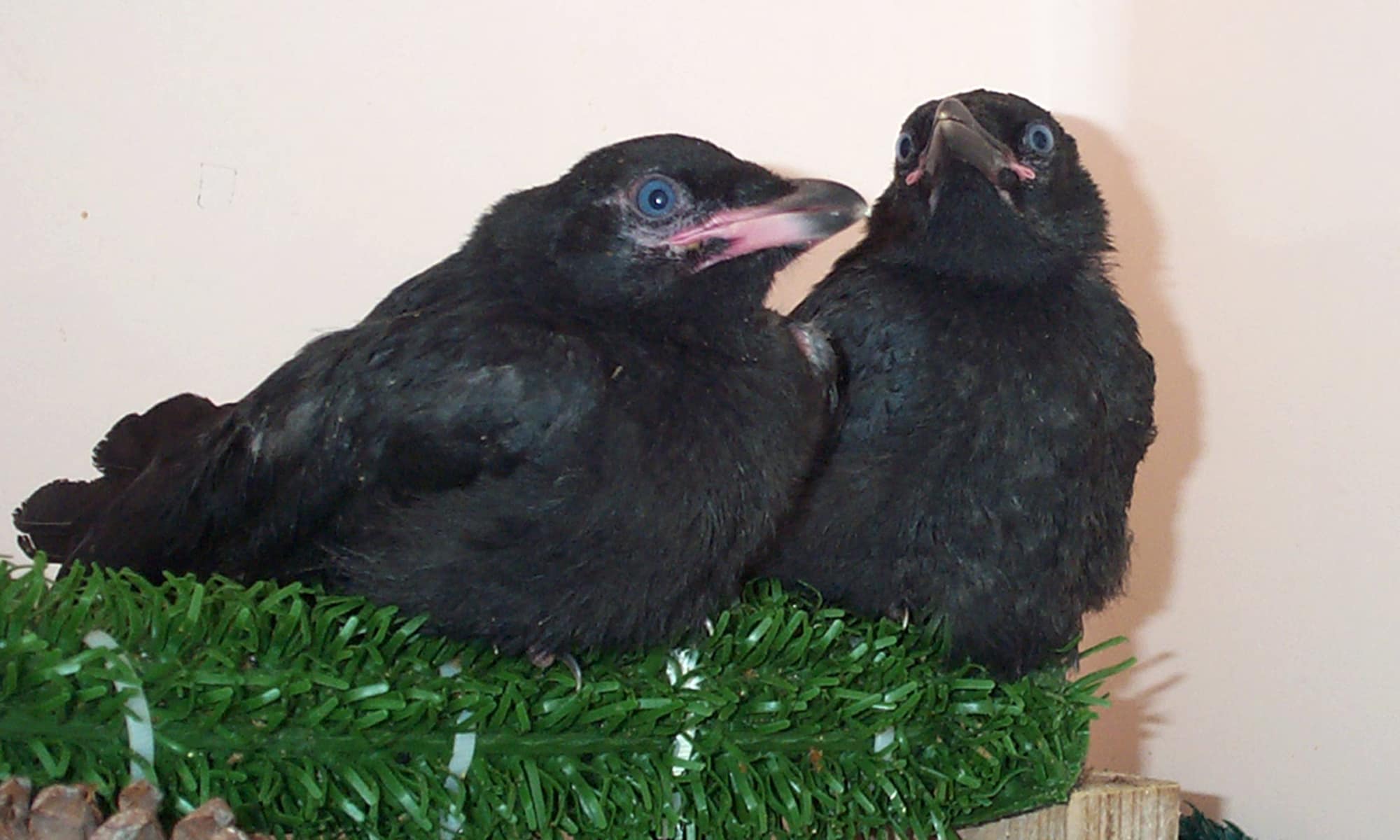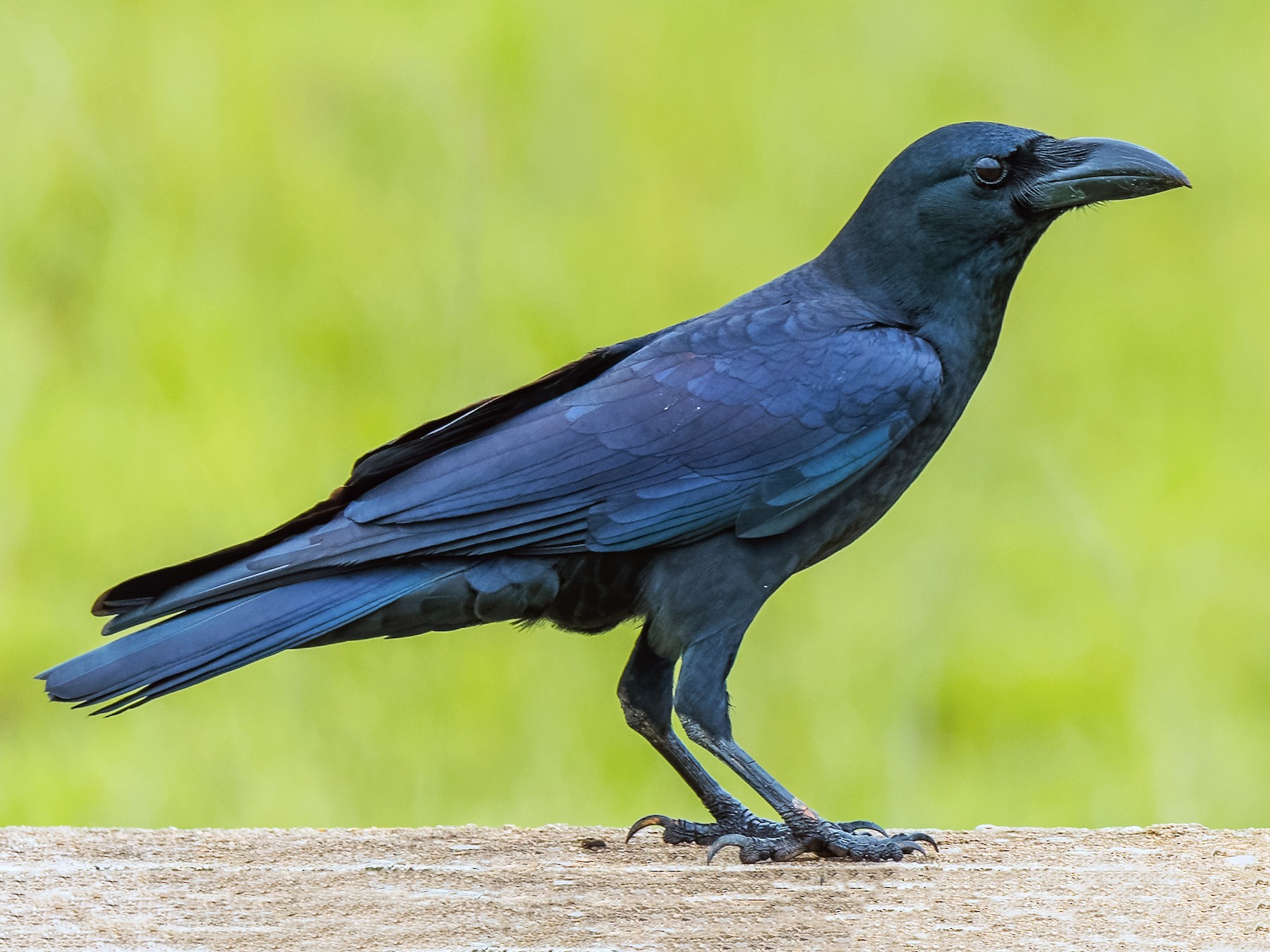Ever wondered where crows sleep at night? These clever birds are more than just urban legends—they’re fascinating creatures with unique sleeping habits that might surprise you. From roosting in large groups to finding cozy spots in trees, crows have their own way of settling down after a long day of scavenging and socializing. Let’s dive into the world of crows and uncover the secrets behind their nighttime routines.
If you’ve ever seen a flock of crows gathering in a tree as the sun sets, you’ve witnessed one of nature’s most intriguing phenomena. Crows are not just random wanderers when it comes to sleep; they have specific preferences and rituals that make their roosting habits truly remarkable. In this article, we’ll explore everything you need to know about where crows sleep and why they choose certain spots over others.
Understanding where crows sleep is not only fascinating but also crucial for bird enthusiasts, researchers, and anyone curious about wildlife behavior. So, grab your binoculars (or just keep reading), and let’s unravel the mystery of crow sleeping patterns!
- Corrina Jagger The Untold Story Of A Rising Star
- Emma Anthurin The Rising Star Whos Turning Heads Worldwide
Introduction to Crows: Nature’s Smartest Birds
Crows are often underestimated, but they’re one of the smartest animals on the planet. Known for their intelligence, problem-solving skills, and strong social bonds, these birds are far from ordinary. But when it comes to sleeping, their habits are just as intriguing as their daytime antics. So, where exactly do crows sleep?
Before we delve into the specifics, it’s important to note that crows are highly adaptable creatures. Whether they’re living in bustling cities or serene forests, their sleeping arrangements can vary depending on their environment. This adaptability is a key factor in their survival, and it plays a significant role in their choice of roosting locations.
In this section, we’ll explore the basics of crow behavior, focusing on why understanding their sleeping patterns is essential for appreciating their intelligence and survival strategies.
- Malayalam Sexy A Deep Dive Into The Allure Of Malayalam Culture And Entertainment
- Lacykim Leaked The Truth Behind The Viral Sensation You Need To Know
Why Do Crows Sleep in Groups?
One of the most fascinating aspects of crow sleeping habits is their tendency to roost in large groups. These gatherings, known as communal roosts, can consist of hundreds—or even thousands—of crows. But why do they prefer sleeping in such large numbers?
Advantages of Group Roosting
There are several reasons why crows choose to sleep together:
- Predator Protection: Sleeping in a group provides crows with safety in numbers. If a predator approaches, the sheer size of the flock can deter it, and the crows can quickly sound the alarm.
- Temperature Regulation: During colder months, huddling together helps crows conserve body heat, making it easier to survive harsh weather conditions.
- Social Bonding: Crows are highly social animals, and roosting together strengthens their relationships and communication skills.
While group roosting has its advantages, it also comes with challenges, such as competition for space and noise. However, the benefits far outweigh the drawbacks, making communal roosts a preferred choice for most crows.
Where Do Crows Sleep in Urban Areas?
In cities and towns, crows often face different challenges compared to their rural counterparts. With limited natural habitats, they’ve had to adapt their sleeping arrangements to fit their urban surroundings. So, where do crows sleep in urban areas?
Common Urban Roosting Spots
Crows in urban environments tend to favor the following locations for their nightly rest:
- Tall Trees: Even in cities, tall trees like oaks and pines provide crows with elevated perches that offer both shelter and a clear view of their surroundings.
- Buildings: Rooftops and ledges of tall buildings can serve as makeshift roosts, especially if they provide protection from wind and rain.
- Parks and Green Spaces: Urban parks with dense vegetation offer crows a mix of shelter and social interaction, making them ideal roosting spots.
Urban crows have proven to be incredibly resourceful, using their surroundings to their advantage while maintaining their natural instincts.
Where Do Crows Sleep in Rural Areas?
In rural settings, crows have more options when it comes to choosing a place to sleep. The abundance of natural habitats allows them to pick locations that suit their specific needs. So, where do crows sleep in rural areas?
Preferred Rural Roosting Sites
Crows in rural environments often choose the following spots for their nightly rest:
- Woodlands: Dense forests and woodlands provide crows with ample cover and protection from predators.
- Farmsteads: Trees near farms offer crows a combination of food sources and safe roosting sites.
- Riverbanks: Trees along riverbanks are popular choices for crows, as they offer both shelter and a water source nearby.
These natural settings allow crows to thrive, giving them the perfect balance of safety, comfort, and access to resources.
Understanding Crow Roosting Behavior
Crow roosting behavior is a complex and fascinating subject. From their choice of location to their social interactions, every aspect of their nighttime routine is carefully orchestrated. Let’s take a closer look at what makes crow roosting so unique.
Key Aspects of Roosting Behavior
Here are some key points to consider:
- Timing: Crows typically begin gathering at their roosting sites just before sunset, ensuring they have enough time to settle in before darkness falls.
- Communication: During the roosting process, crows engage in vocalizations and body language to communicate with each other, reinforcing their social bonds.
- Seasonal Changes: Roosting behavior can vary depending on the season, with larger roosts forming during winter months for added warmth and protection.
By studying these behaviors, researchers gain valuable insights into the social structure and intelligence of crows.
Do Crows Sleep Alone?
While communal roosting is the norm for most crows, there are instances where they may choose to sleep alone. But why would a crow opt for solitude when group roosting offers so many advantages?
Reasons for Solo Roosting
Here are a few reasons why a crow might sleep alone:
- Territorial Disputes: Conflicts with other crows can lead to a temporary separation, resulting in solo roosting.
- Mating Season: During breeding season, some crows may choose to roost near their nests rather than joining a communal group.
- Health Issues: Sick or injured crows may isolate themselves to recover, avoiding the stress of group dynamics.
Despite these exceptions, the majority of crows prefer the safety and companionship of group roosting.
What Makes a Good Roosting Spot for Crows?
When it comes to choosing a roosting spot, crows are particular about their requirements. A good roosting site must meet several criteria to ensure their comfort and safety. So, what makes a location ideal for crows?
Essential Features of a Roosting Spot
Here are the key features crows look for in a roosting site:
- Elevation: Higher perches provide better visibility and protection from ground predators.
- Cover: Dense foliage or sheltered areas offer protection from wind, rain, and extreme temperatures.
- Proximity to Food: Roosting near food sources ensures crows can quickly refuel after a night’s rest.
By selecting locations that meet these criteria, crows ensure they have a safe and comfortable place to sleep.
Do Crows Sleep During the Day?
While crows are primarily diurnal, there are situations where they may nap during the day. However, these daytime naps are not the same as their nighttime sleep. Let’s explore why crows might sleep during the day and how it differs from their nocturnal rest.
Daytime Rest vs. Nighttime Sleep
Here’s how daytime rest compares to nighttime sleep for crows:
- Purpose: Daytime naps are usually brief and serve as a way to conserve energy or recover from a particularly taxing activity.
- Location: Crows may nap in more exposed areas during the day, as they rely on their heightened senses to stay alert.
- Duration: Nighttime sleep is more prolonged and restorative, allowing crows to fully recharge for the next day’s activities.
Understanding the difference between daytime rest and nighttime sleep helps us appreciate the complexities of crow behavior.
How Do Crows Choose Their Roosting Sites?
Selecting a roosting site is a critical decision for crows, as it directly impacts their safety and well-being. So, how do they go about choosing the perfect spot?
The Decision-Making Process
Here’s a glimpse into how crows decide on their roosting sites:
- Scouting: Crows often scout potential roosting sites during the day, evaluating their suitability based on factors like elevation, cover, and proximity to food.
- Communication: Vocalizations and body language play a crucial role in sharing information about potential roosting spots with other crows.
- Experience: Older, more experienced crows often lead the way, using their knowledge of past roosting sites to guide the group.
This collaborative process ensures that the chosen roosting site meets the needs of the entire flock.
What Happens If a Crow’s Roosting Spot Is Disturbed?
Despite their careful selection process, crows sometimes face disturbances at their roosting sites. Whether it’s due to human activity, weather conditions, or predators, these disruptions can have significant effects on their behavior. So, what happens if a crow’s roosting spot is disturbed?
Responses to Disturbances
Here’s how crows typically react to disruptions at their roosting sites:
- Relocation: If the disturbance is severe, crows may abandon their current roost and search for a new location.
- Increased Vigilance: In milder cases, crows may become more alert and cautious, using their numbers to deter potential threats.
- Communication: Crows often use vocalizations to warn each other of dangers and coordinate their response to the disturbance.
By adapting quickly to changing circumstances, crows demonstrate their resilience and problem-solving abilities.
Conclusion: Unveiling the Secrets of Crow Sleep
Now that we’ve explored the world of crow sleeping habits, it’s clear that these birds have a lot to teach us about adaptability, social bonds, and survival strategies. From their preference for communal roosting to their meticulous selection of roosting sites, crows have perfected the art of nighttime rest.
So, the next time you see a flock of crows gathering in a tree as the sun sets, take a moment to appreciate the complexity of their behavior. And if you’re curious about learning more, don’t hesitate to leave a comment or share this article with fellow bird enthusiasts. Together, we can continue to uncover the mysteries of these remarkable creatures!
Table of Contents
- Where Do Crows Sleep? Unveiling the Nocturnal Habits of These Intelligent Birds
- Introduction to Crows: Nature’s Smartest Birds
- Why Do Crows Sleep in Groups?
- Where Do Crows Sleep in Urban Areas?
- Where Do Crows Sleep in Rural Areas?
- Understanding Crow Roosting Behavior
- Do Crows Sleep Alone?
- What Makes a Good Roosting Spot for Crows?
- Punjabi Sexy Mms A Deep Dive Into The Viral Sensation You Need To Know
- Unveiling The Secrets Of Maza49com Your Ultimate Guide


